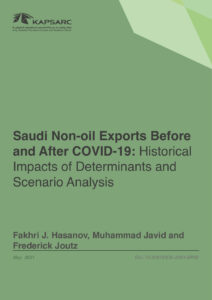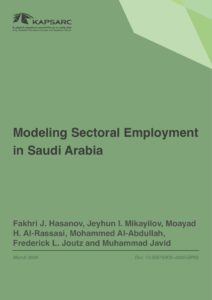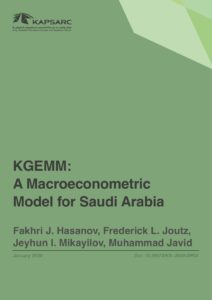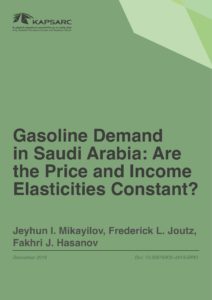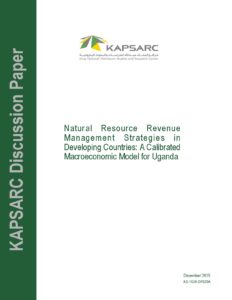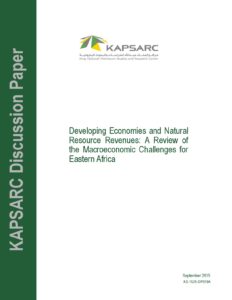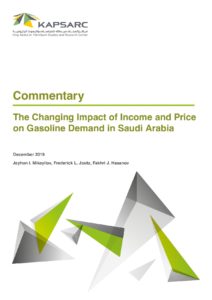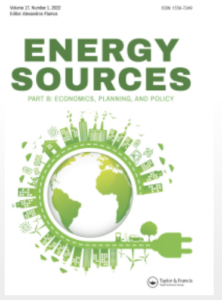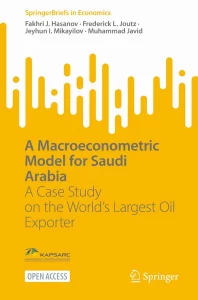
A Macroeconometric Model for Saudi Arabia: A Case Study on the World’s Largest Oil Exporter
Open Access Brief Introduces the KAPSARC Global Energy Macroeconometric Model for Saudi Arabia Combines cutting-edge econometric methods, a well-established theoretical foundation, and empirical coherence Customizable for different research and policy questions Click here to read the book
1st January 2023
